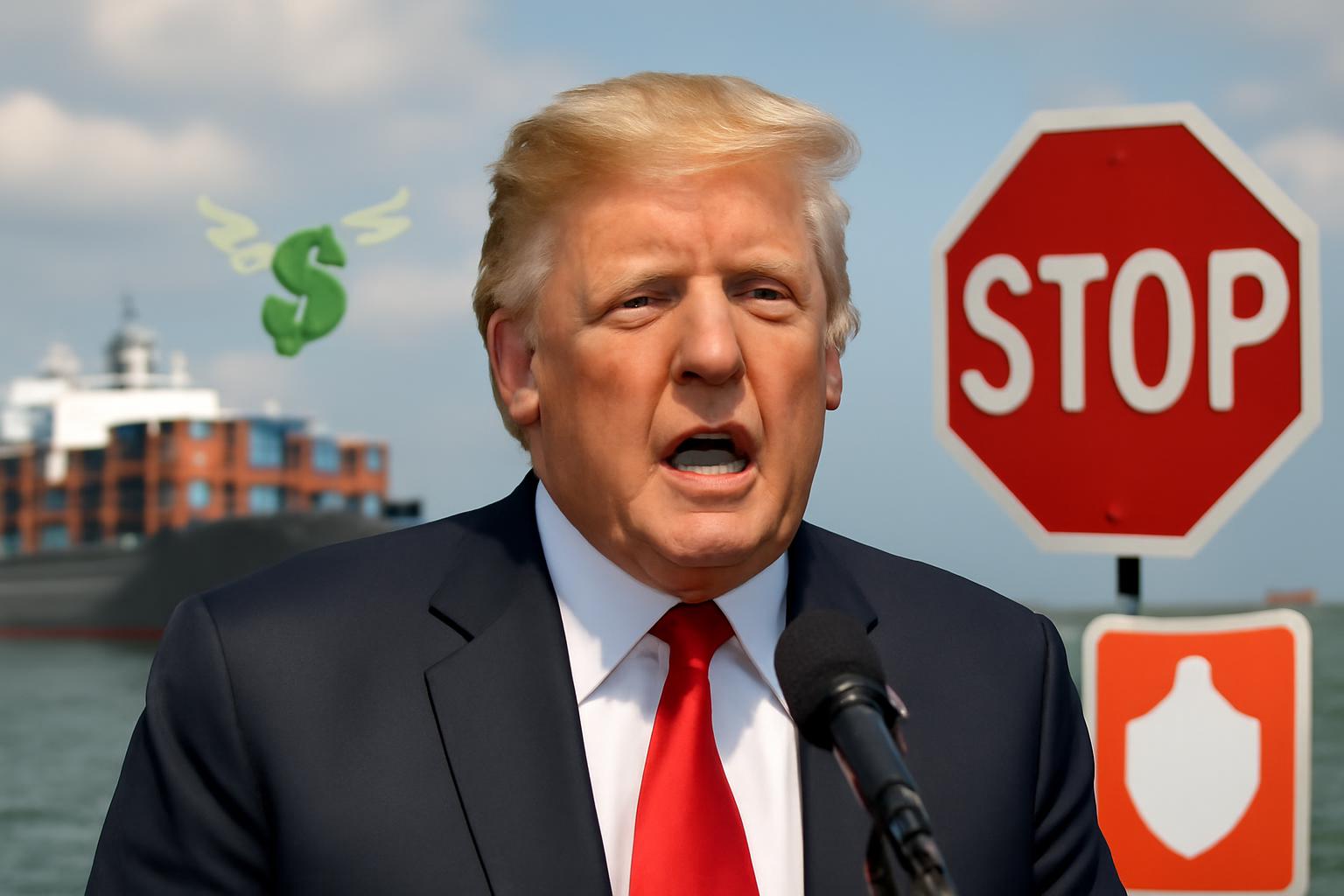The United States, under President Trump, has declared another salvo in its ongoing trade war, this time introducing a patchwork of tariffs varying by country. South Korea, after tense negotiations, faces a 15 percent tariff on its exports to the US—lower than initially threatened—having agreed to direct sizeable investments into the US, buy American energy products, and enter a massive shipbuilding partnership. India is hit with a 25 percent tariff amid criticism of its high barriers and its continued relationship with Russia. Meanwhile, Brazil faces even steeper tariffs, all while the administration brandishes tariffs as a primary weapon of international policy, binding trade to broader strategic and security disputes.
I must say, yet again, how deeply distressing and mistaken such a course of action is. From my vantage point as a lifelong advocate of free markets, these protectionist machinations represent precisely the kind of shortsighted, interventionist folly that sows lasting economic mischief! Tariffs, far from offering true security or prosperity, function like walls—walls that strangle the very lifeblood of economic cooperation and spontaneous order that has nourished civilization for centuries.
Let us not be deceived by the seductive narrative that statesmen can engineer prosperity through coercive negotiations and selective market access. These so-called "victories"—wrung out from trading partners by threats—are nothing but pyrrhic triumphs. The investments and purchases South Korea now promises are not the fruit of voluntary exchange but are coerced tributes, extorted under duress. This is not commerce, but a parody of it, and in the end, it impoverishes not only those upon whom the tariffs are imposed, but American consumers and producers as well.
The market, left open and spontaneous, rewards excellence and innovation and fosters peace. To subordinate it to political expediency—to tie it to shifting diplomatic winds and the caprices of presidential bargaining—is to invite chaos and inefficiency. Artificial barriers foster retaliation, breed uncertainty, and smother the delicate process of market discovery. Worse, when trade is weaponized for “strategic” ends—whether to punish a partner for alliances or to extract compliance—commerce ceases to be a realm of mutual benefit and instead becomes a theater of power.
History has shown—most starkly in the catastrophe of the interwar years—how protectionism leads only down a path of mutual ruin. We forget at our peril the lessons of a century ago: that prosperity and peace are the fruit of open societies, free markets, and respect for the individual decision-maker. To return to a world of tariffs, threats, and tit-for-tat reprisals is to return to darkness.
In moments of political tension and shifting alliances, it is all the more vital that we hold to principles. Good economics is not always good politics, but to yield economics to politics is to betray the very future we hope to secure. Only by championing, unashamedly and boldly, the cause of free trade—from which all of humanity has benefited—can we hope to preserve the fruits of our civilization. This new round of tariffs is, simply put, a profound mistake.
